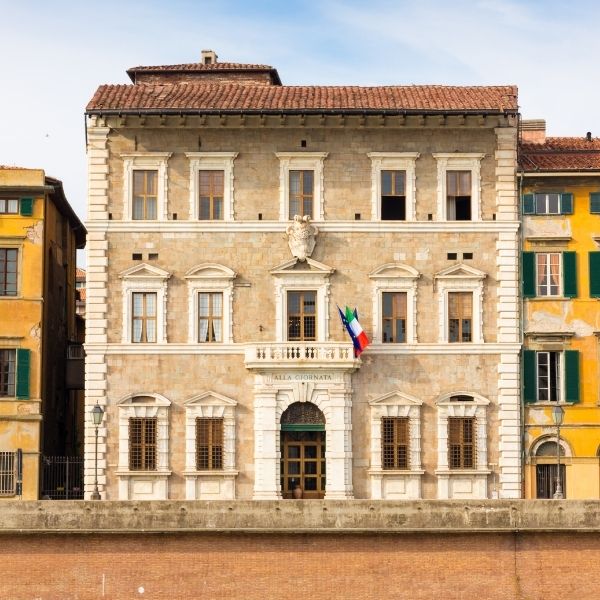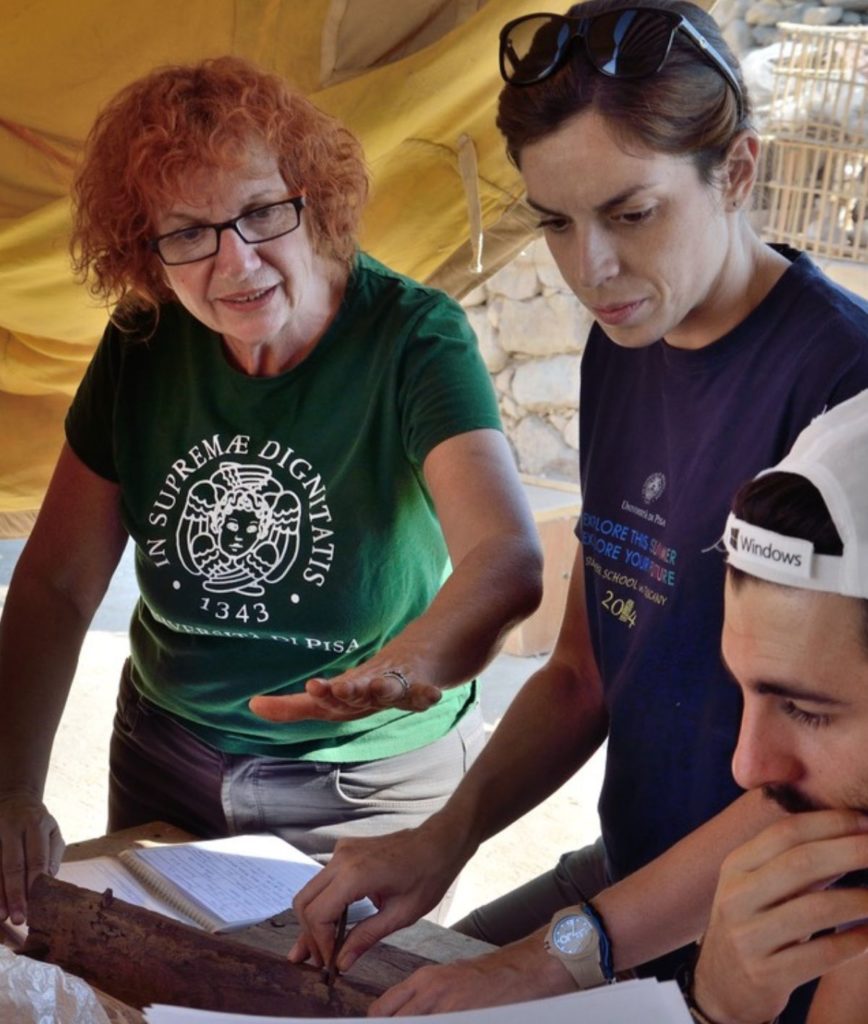
The University of Pisa, founded in 1343, has a strong international reputation.
According to the latest edition of the Academic Ranking of World Universities (ARWU), the University of Pisa ranks in the world’s top 200 universities, and in Italy’s top 3.
More information on international rankings can be found here.
visit : www.unipi.it
Why study at the University of Pisa ?
The tradition of Oriental and Egyptological studies at the University of Pisa is one of the oldest in Europe: the teaching of Oriental languages (Arabic, Syriac and Hebrew) dates back to 1620, provided by prestigious figures such as Ibrahim al-Haqili, Butros Mubarak and Cesare Malanima. In 1826 the world’s first chair of Egyptology was established in Pisa, held by Ippolito Rosellini, colleague and friend of Jean-François Champollion.
This tradition continues to this day through various archaeological excavation projects both in Egypt and Western Asia, several research activities in collaboration with international institutes and museums, and prestigious international publications connected with the Cambridge University Press, Oxbow, and Brepols. The peer-reviewed journal EVO “Egitto e Vicino Oriente” publishes articles by international scholars as well as results of the research in Oriental and Egyptological studies at Pisa.

Learn from an international network of active researchers

Our staff members cooperate with fellow researchers from universities and research institutes from various countries (e.g., Austria, Germany, Egypt, France, Iran, India, Iraq, Lebanon, Oman, Switzerland, Turkey, United Kingdom, USA, Uzbekistan) carrying out joint research and excavation projects.
Many international conferences, seminars and workshops organised by our lecturers, researchers and PhD students in Oriental and Egyptological studies are also hosted in Pisa.
Each year, several visiting professors enrich the teaching programme, forming an integral part of the educational agenda. Our teachers are also active researchers engaged in innovative projects that constantly build bridges to the courses offered in the MA programme.
Off-site classes and excavations
The numerous excavation activities, together with off-site lectures in the areas covered by the MA course, also give students the opportunity to supplement their theoretical training with field experiences. There are many active excavation projects: Dra Abu el-Naga (Upper Egypt); Zawyet Sultan (Middle Egypt); Uşaklı Höyük(north-central Turkey); Tell as-Sadoum (south-central Iraq); Lagash(southern Iraq); Gird-i Matrab (Kurdish Region of Iraq); Tell Shemshara (Kurdish Region of Iraq); Inqitat Mirbat (Dhofar, Oman); Al Tikha-Rustaq (Al Batinah, Oman).
In addition, within some courses, special teaching projects are carried out with off-site lectures in Egypt or Western Asia, for example those recently held in the Egyptian Museum in Cairo or in Tur Abdin (Turkey).


